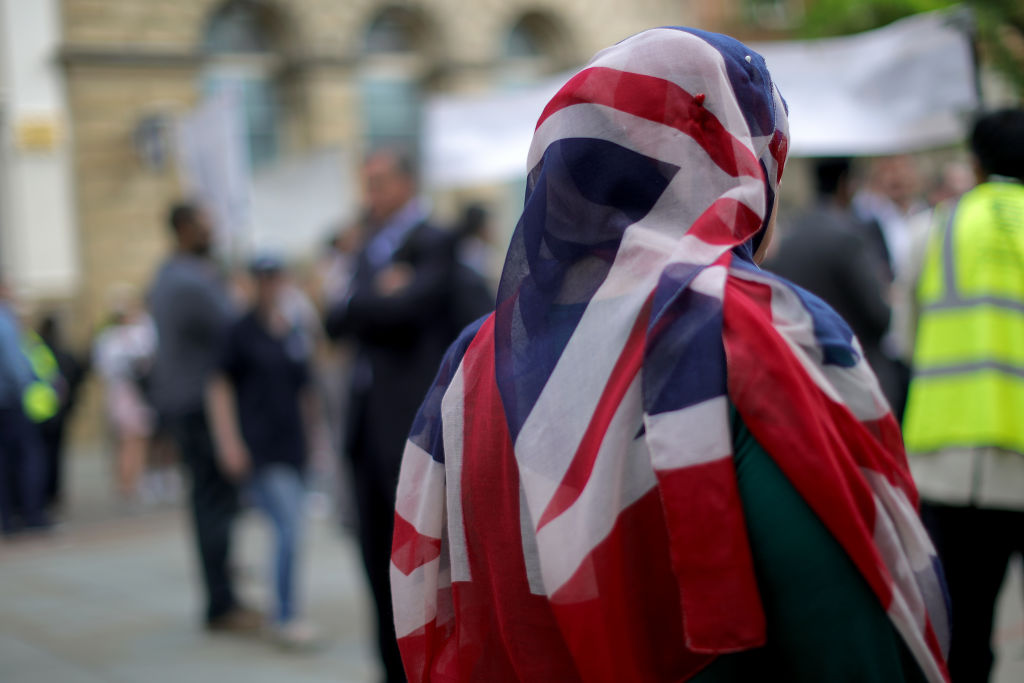What does Isis want? As Douglas Murray writes in this week’s cover piece, jihadis are quite clear on the subject – but we just aren’t listening. The question that never seems to be asked, however, is: what do we want? That is the core of my objection when our politicians tell us to continue as normal and that terrorism is just ‘part and parcel of living in a big city’. It really shouldn’t be and it isn’t – in Warsaw, Prague, Budapest, Tokyo or a number of first-world cities. In the words of the writer Ben Sixsmith:
Jihadism was not inevitable. It has been imported. Cosmopolitans see this as the bad part of a trade-off for a more open, equal and diverse society. Nationalists believe it is a self-inflicted wound. It is a nice sentiment when Brendan Cox – husband of Jo, the MP who was murdered last year – says terrorists will not divide us but we are divided and events like this will only widen those divisions.
One of the curious responses to terrorist atrocities is the level of hatred exhibited towards people who make inappropriate or offensive remarks afterwards; I’m no fan of Katie Hopkins, and I can’t possibly believe she doesn’t understand the hugely loaded term ‘final solution’ which certainly merits her departure from LBC, but there’s something Freudian about the way people seek to direct their anger following these events. Hopkins is a product of the incentives systems of a competitive and free press that rewards shrillness and partisanship over reflection; but as a parent of an eight-year-old girl I have more important things to be worried about. (Although this sort of journalism really does upset and anger me).
Of course it’s right people don’t take out their anger on Muslims, either, who are no more responsible for the behaviour of the terrorist than anyone else; in fact, according to the PEW foundation, public favourability towards Muslims actually increases after large terror attacks. Perhaps it is that in the wake of media pressure, people feel more obliged to express the correct opinions, or it may be a quite reasonable and human desire to protect vulnerable minorities from violence.
But alternatively, violent acts are just as likely to strengthen group identity; the biggest division in society now is between David Goodhart’s ‘Somewheres’ and ‘Anywheres’, and the latter often functions as a group identity in the same way as any other. Almost one in five Remainers would object to a daughter marrying a Leaver, for instance.







Comments